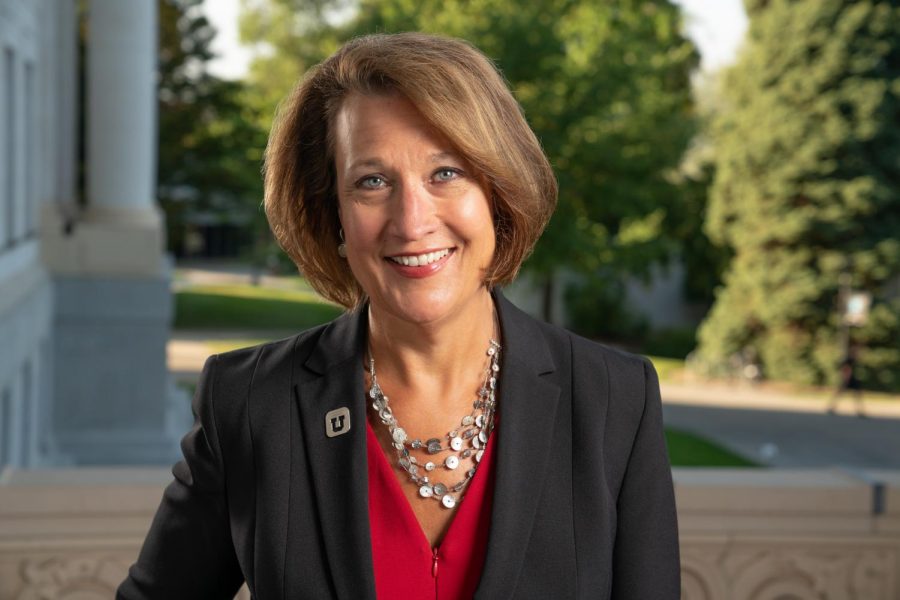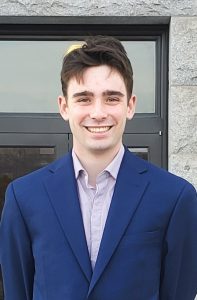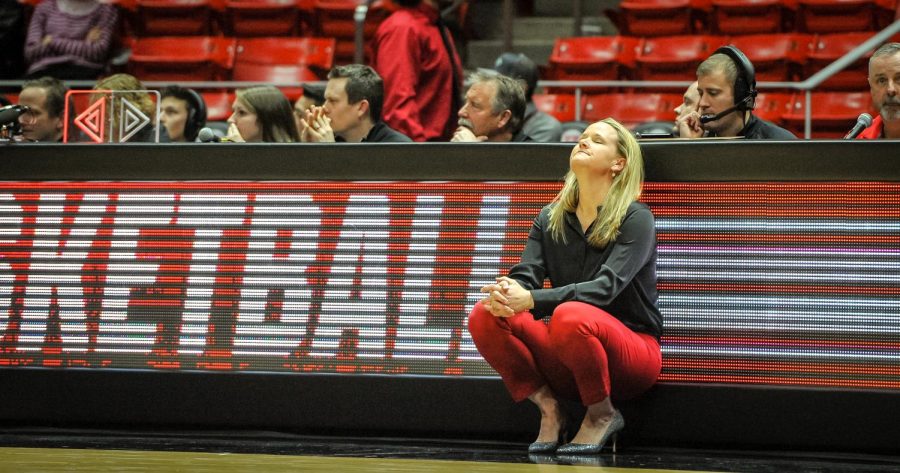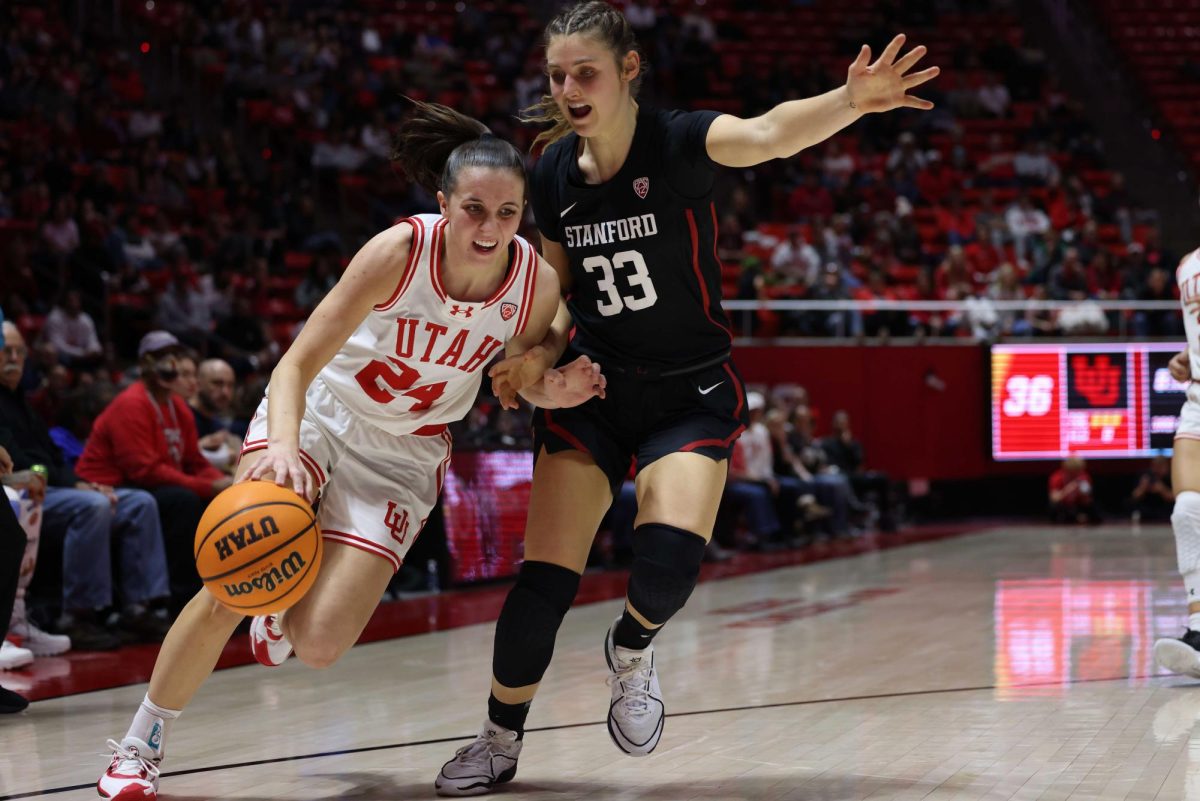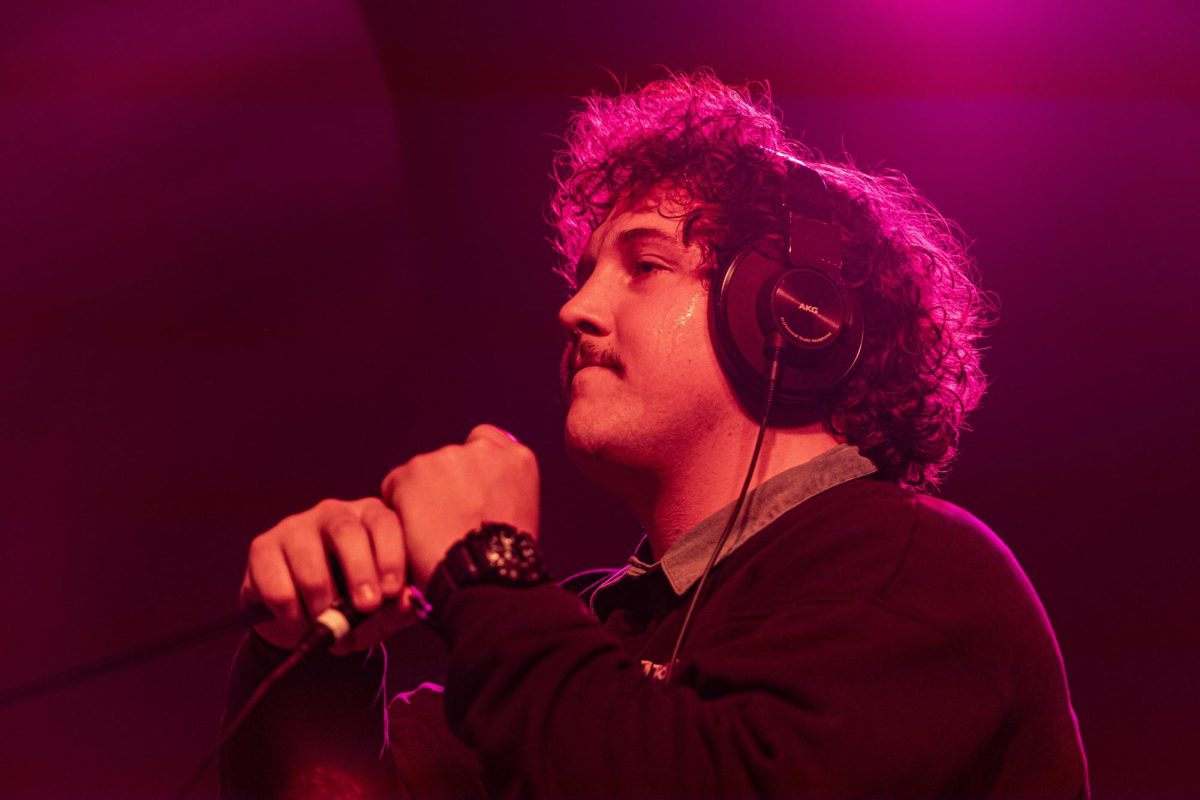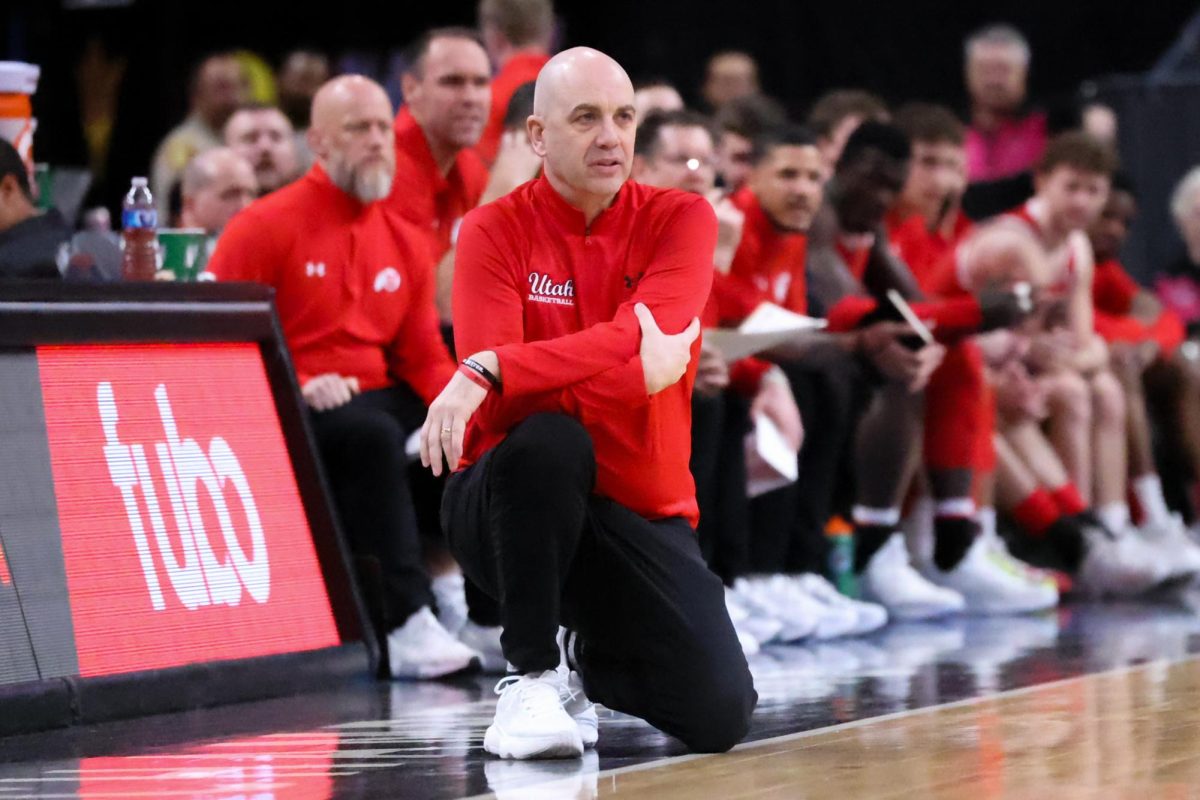The Legacy of President Watkins and The Demands for the Next Presidency
February 28, 2021
On Jan. 12, 2021 President Ruth Watkins announced she will step down from her position as University of Utah president to lead the educational non-profit, Strada Impact. Watkins joined the U in 2013 when she was appointed senior vice president for academic affairs before becoming U president.
During her tenure as president, Watkins was in charge of a number of initiatives focused on increasing research funding and improving graduation rates. Under Watkins, in 2019, the U was invited to join the Association of American Universities (AAU), a 65 member body of top research universities in the United States.
Watkins’ Legacy
The Presidential Internship in Higher Education Leadership within the Office of the President at the U gives undergraduate students the opportunity to work with President Watkins and learn the intricacies of higher education.
Since 1992, over 150 students have been presidential interns. One intern, Merry Joseph, is in her last year at the U and studies biomedical engineering and psychology.
During her first two years at the U, Joseph did not feel very involved in student affairs. She was grateful when she was introduced to the presidential internship and then selected at the end of her junior year.
“My first encounter with her [Watkins] was during our internship orientation and there were about ten of us, interns, in a room and President Watkins had come in and I remember being really nervous just because I’d never met someone at that level,” she said.
Joseph said two years after all the interns introduced themselves, she was struck by Watkins’ memory of all the little details they had shared.
When she heard Watkins was going to be the next president, she was excited to finally see a woman’s portrait hanging amongst the rows of male presidents. Watkins was the first female president to serve at the U.
Martha Bradley-Evans, senior associate vice president of academic affairs and dean of undergraduate studies at the U, also felt the sense of excitement about a female president
“It was significant to me personally that she was one of the first women to lead our campus and I think that modeling is so very important in terms of all of the persons from populations that haven’t been represented in leadership roles before,” Bradley-Evans said.
Joseph said Watkins always prioritized the students of the U.
“I’ve seen that because as a presidential intern we oftentimes get invited to represent University events or donor dinners, and it’s never about her, it’s never about her accolades, it’s always about students,” she said. “It speaks volumes about her as a person.”
As a first-generation college student, Joseph said the transition from high school to college was particularly rough, but she believes Watkins’ greatest accomplishment is helping students like her succeed and complete college.
“And then, even when they’re in college, they have an environment that is there to make sure that they can thrive,” she said.
Former presidential intern Alexander Becraft is a senior studying psychological and social entrepreneurship. She initially started working with the Office of the President as a fellow on the American Dream Ideas Challenge, an economic mobility competition at the U.
“When I started Well-being Elevated, which is the name of our social enterprise, she was extremely encouraging, mentored the whole team and really supported us as we progressed through the competition,” he said.
Becraft said Watkins has deeply impacted his life.
“President Watkins had an incredible impact on my life. I think she exudes kindness, generosity and grace. She helped me grow as a human being and I will always be very grateful to her,” he said.
Bradley-Evans said it was an amazing opportunity to work under Watkins when she was senior VP because Watkins understood the importance of undergraduate education and how to support student success across the board.
“It was kind of a golden era for us and we all recognized how lucky we were to work for someone who really understood what we were trying to do,” Bradley-Evans said.
She continued to work with Watkins during her tenure as president on various initiatives, including Learn and Earn, a partnership with a major donor to expand the number of jobs on campus while providing professional development for those positions.
“She really created and inspired a culture of support for students, really focusing on possibilities instead of obstacles,” she said.
The Search
On Feb. 5, 2020 the Utah System of Higher Education (USHE) announced they had selected a 28-member committee to conduct a national search for the next president of the U.
According to the press release, the Utah Board of Higher Education Chair Harris H. Simmons and the U Board of Trustees Chair Christian Gardner will be co-chairing the committee.
Three U students will also be joining the search committee.
“We’ll definitely make sure that we do a thorough job of vetting the applicants and building a very strong pool for which we believe with the economy in the state of Utah and what’s going on at the University of Utah, this is going to be a job that a lot of people have their eyes on,” said Dave Woolstenhulme, the commissioner of the USHE.
Woolstenhulme expects the search process to be six months or more, saying that many prospective applicants have already reached out.
“We think it’s going to be a very strong pool and again it’s because of the status of the University of Utah as a member of the AAU and other things that have taken place under Ruth’s leadership,” he said.
In the coming weeks, the search committee will be holding public forums to hear community input, with more details to come later in the month.
Feedback from these forums will be used to inform the selection and screening of applicants. Then, the committee will recommend three to five semifinalists to the Board of Higher Education, with a final decision expected to be announced in the fall of 2021.
Woolstenhulme said President Watkins is going to be a hard person to replace because of the accomplishments she has made during her presidency.
“I question how much good access does without completing and getting students out the back end and making sure that they have employment opportunities,” he said. “She has just done a wonderful job of increasing the completion rates at the University of Utah within her tenure.”
Woolstenhulme said they will look for someone who can continue the accomplishments of President Watkins.
“The emphasis on research, emphasis on completion, the emphasis on student safety, the emphasis on how we continue to do with mental health and all those things that I believe President Watkins has done a super job doing,” he said.
When considering applications, the boards will also look for individuals who can work in a team.
“We consider ourselves a system with 16 institutions. And one of the things we’ll want is how will that individual be a team player of other institutions across the state?” he said.
Unsafe U and the Next President
On Sept. 3, 2020, UnsafeU, a student-led organization focused on raising awareness of safety issues on campus, led a protest calling for the abolition of the University of Utah Police Department and the resignation of President Watkins.
UnsafeU has brought criticism on how Watkins handled the Lauren McCluskey case during her time at the U. Rebecca Hardenbrook is a co-founder of UnsafeU and a doctoral student in applied mathematics.
“I am happy to see that she’s stepping out of this role because we’ve been advocating for that for a few months now. But I do feel some sort of way about it as well on the back end just because there’s some uncertainties in knowing who is going to take on her position,” Hardenbrook said. “And how dedicated that person will be to solidifying the projects that President Watkins did start like the McCluskey Center for Violence Prevention and also promoting student safety on campus.”
Months later, after the announcement of Watkins’ resignation, the founders of Unsafe U released specific demands for the next president.
The first demand is that no one from current U leadership should be considered for the next presidency. They specifically named Lori McDonald, the vice president of student affairs, as an individual who should not be appointed due to her perceived failure to act on various cases of discrimination and sexual assault.
While Woolstenhulme said the search process would be thorough, he was unwilling to comment on UnsafeU’s demand to hire outside of current U leadership.
“SVP McDonald has been at the University of Utah for far too long to be trusted to guide the University towards more accountable and transparent policies,” read a Jan. 12 post from Unsafe U.
Hardenbrook said Vice President McDonald’s record should serve as evidence as to why she should not be considered for the presidency.
“She’s been involved in directly hiring numerous folks in administration who have set our institution back in its mission to enhance campus safety,” she said.
Bradley-Evans said hiring outside of U leadership has been helpful in the past.
“And in the past, it’s really been a healthy thing for us to hire presidents from outside the institution because they bring fresh experience and insight that we might not have benefited from before,” said Bradley-Evans.
UnsafeU believes the student representation on the hiring committee should include one graduate student, one BIPOC student who is not a part of ASUU. They also want students to be brought in earlier to the search process.
“Furthermore, the University of Utah needs to schedule these student interactions and feedback events to be during times that students can actually attend,” Unsafe U’s demands read.
When asked about the potential for higher student involvement in the decision-making process, Woolstenhulme said students will be involved as per policy regulation.
“The two chairs of the two boards may select to put additional students on there, which is their prerogative to do that,” he said. “But we definitely will want to make sure that students are involved from the beginning through the end of it.”
UnsafeU further demands the next president to have experience working with diverse populations.
When asked to comment on this demand, Woolstenhulme said diversity and inclusion are at the forefront of every search they conduct.
UnsafeU’s final demand is for the president to have a plan and vision for addressing the material needs of students, faculty and staff.
“I think we have a really desperate need at our university to readdress what are our financial priorities when it comes to our students and our faculty and our staff, recognizing that we have a very diverse population of students,” Hardenbrook said.


